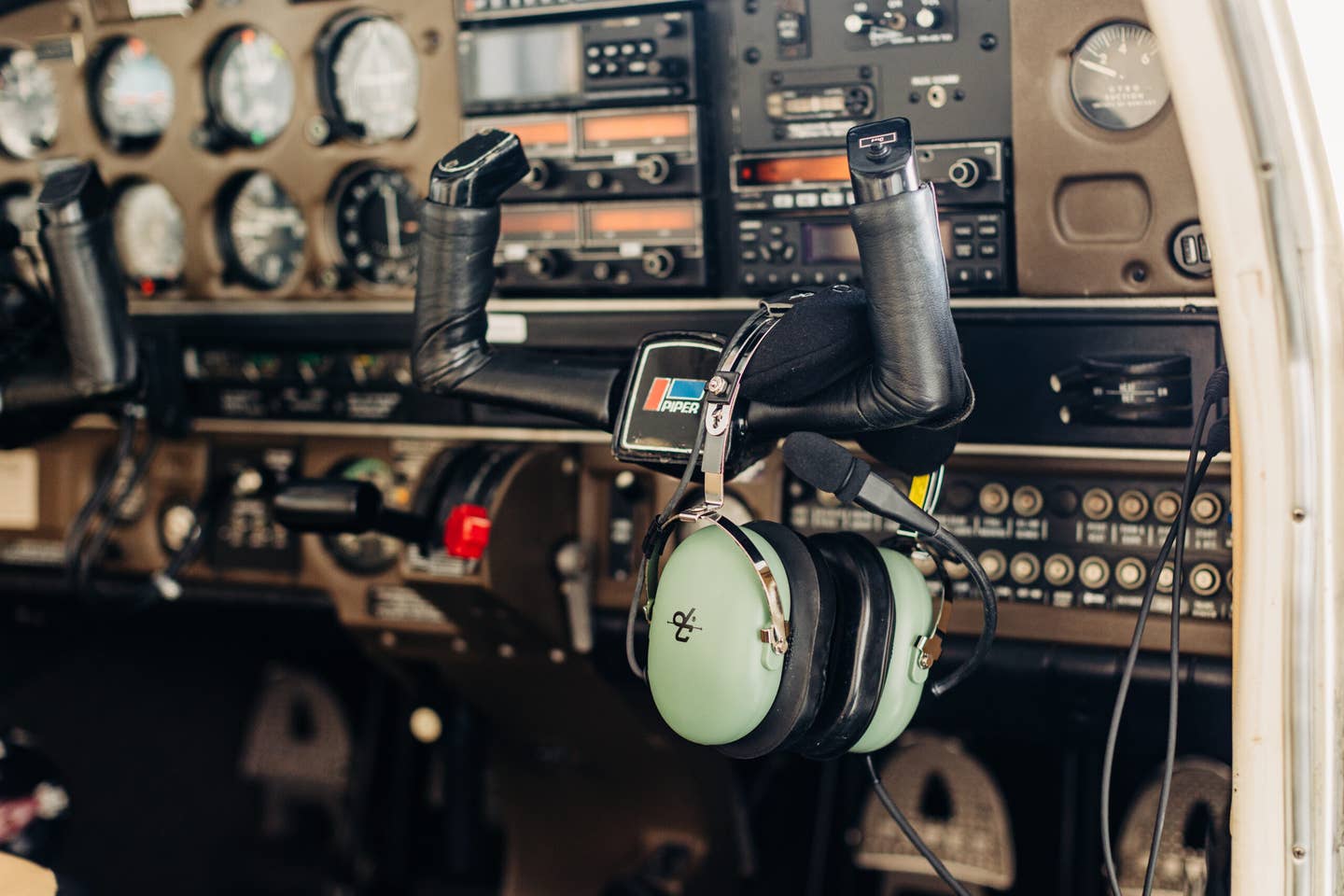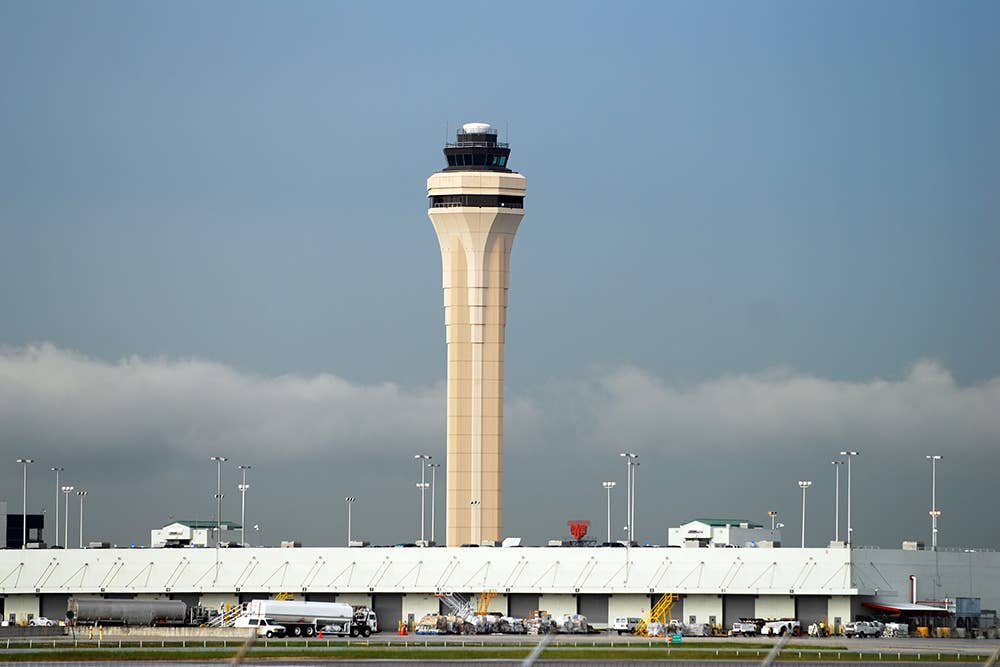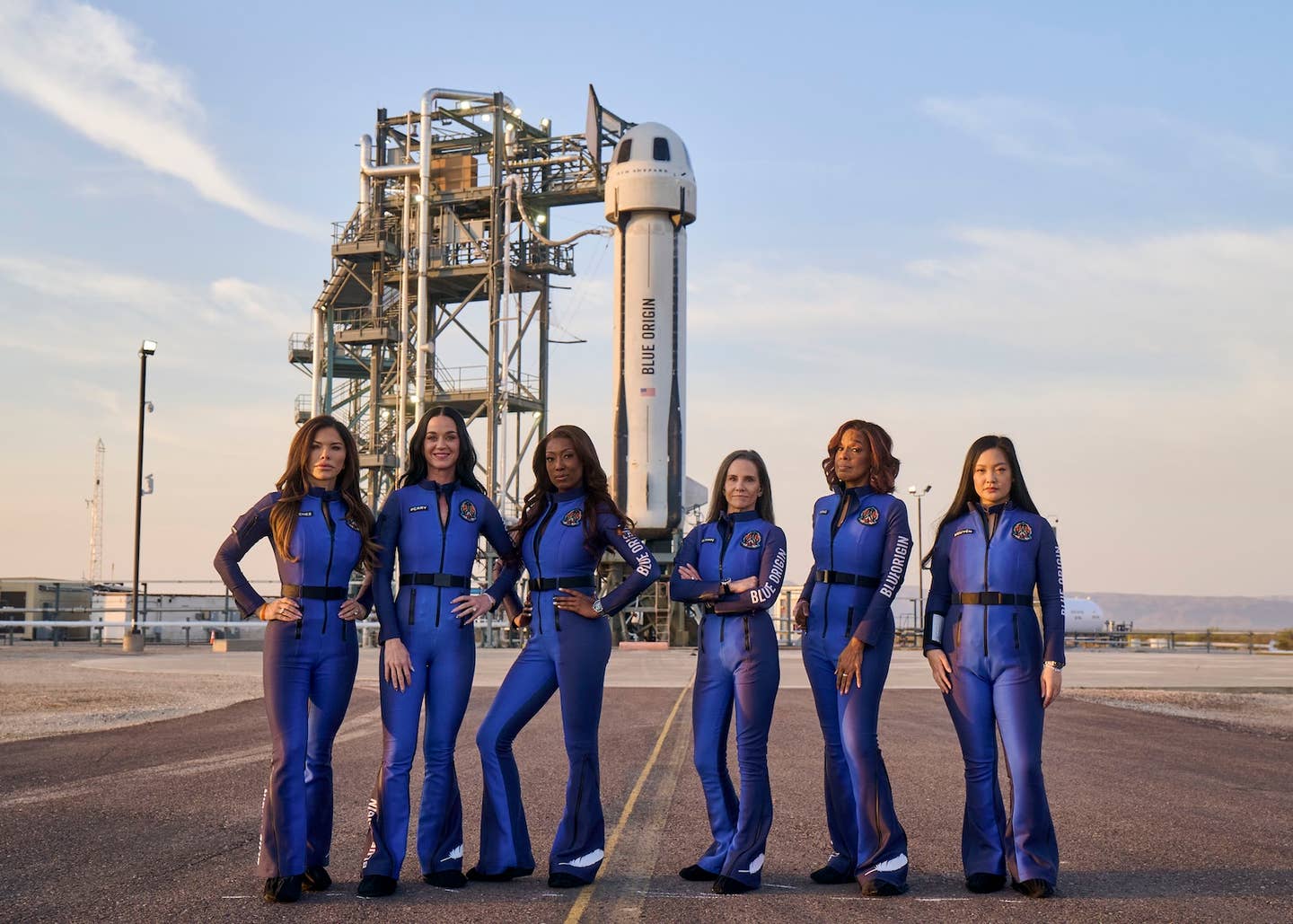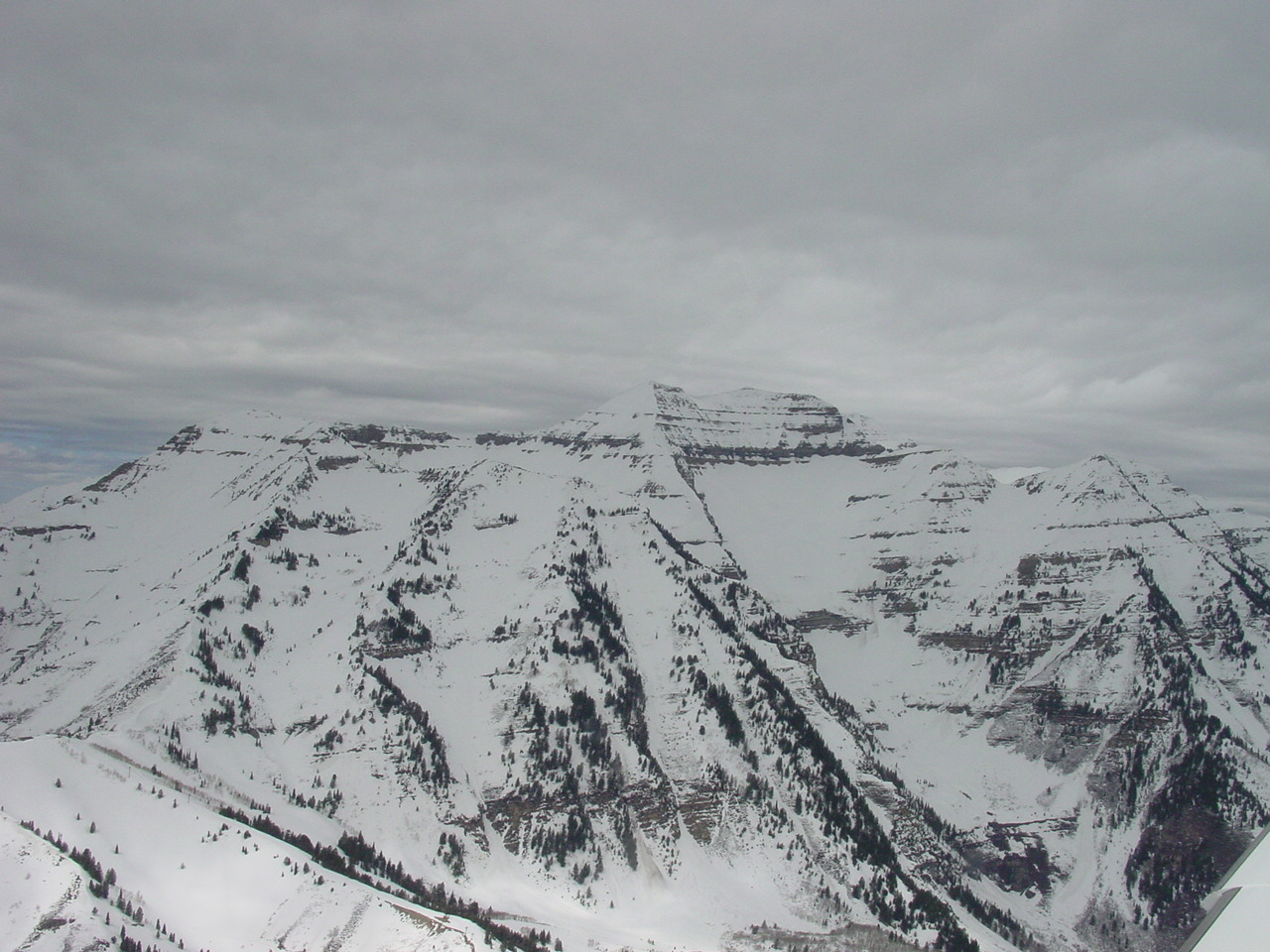U.S. Program to Fly Citizens From India, Nigeria, Island Nations to Space
The Scientific Exploration and Research Agency (SERA) has reserved all six seats on an upcoming flight of Blue Origin’s New Shepard rocket.
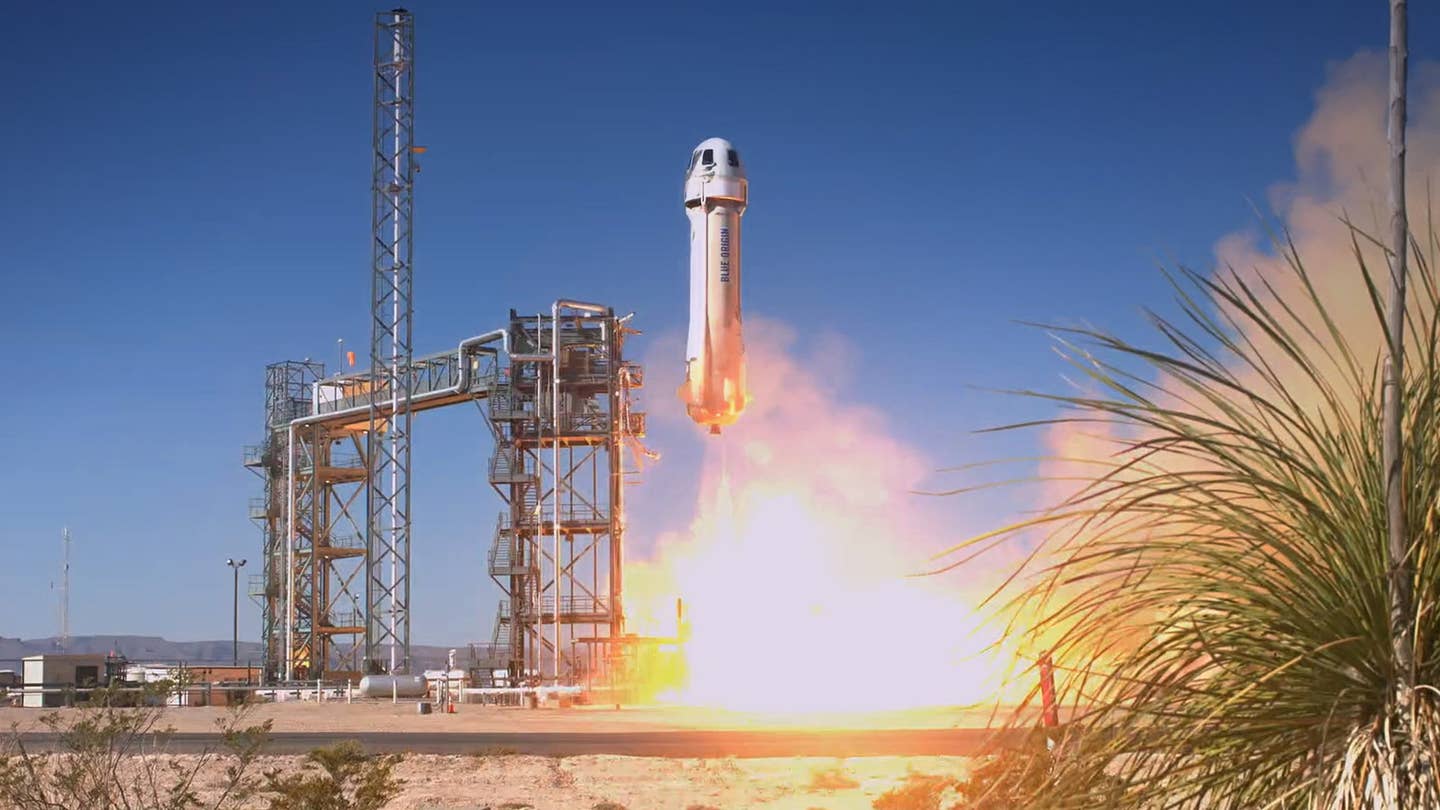
Blue Origin’s New Shepard rocket lifts off during the NS-25 astronaut mission on May 19. [Courtesy: Blue Origin]
The U.S.-based Space Exploration and Research Agency (SERA), which describes itself as a “space agency for everyone,” will fly citizens from India, Nigeria, and the small island developing states (SIDS) to the edge of the atmosphere in partnership with Blue Origin, the space tourism venture of Amazon founder Jeff Bezos.
Each nation is allotted one seat on an upcoming Blue Origin flight, and applicants can secure a slot for just $2.50.
“India has achieved remarkable milestones in its space journey the past few years, including becoming the first country to reach the moon’s southern pole,” said Joshua Skurla, co-founder of SERA, of the program’s newest partner nation.
The U.S. and India last month strengthened their collaboration on human spaceflight and space security. NASA is also training an Indian astronaut for a trip to the International Space Station as early as this year.
SERA works with countries that have had few or no citizens reach the final frontier. In April, it purchased six seats on Blue Origin’s New Shepard rocket that will fly citizen astronauts to the Kármán line, which at 100 kilometers is considered the boundary between Earth and space.
Formerly known as the Crypto Space Agency and funded by NFTs, the program played a role in Blue Origin’s fifth crewed spaceflight, NS-21, awarding a seat to Brazilian civil engineer Victor Hespanha, that country’s second astronaut, through a raffle.
According to SERA, more than 8 in 10 astronauts come from just three countries: the United States, Russia, and China. In June, it partnered with Nigeria’s National Space Research and Development Agency to send that country’s first citizen to space.
“Our mission is to democratize space by enabling citizens from over 150 countries with limited access to space to participate in ground-breaking research and create history,” said Skurla. “Our aim is to empower people globally to have a voice and stake in the future of space exploration.”
In an unprecedented move, SERA will allow people around the world to vote on which citizens will take the approximately 11-minute journey.
Anyone living in one of the program’s partner nations can apply to secure a seat. Applicants must be proficient in English, at least 18 years of age, and meet Blue Origin’s parameters for height, weight, physical fitness, and citizenship.
Five of the seats will be allocated to specific nations, and candidates will be voted on by citizens of those nations. The sixth will be open to anyone within a SERA-partnered country and chosen through a global vote. Remaining seat assignments will be announced later this year.
During the second quarter of 2024, voters will choose from 24 final candidates. After that, they will design and vote on the experiments the astronauts will perform during the flight. Later this year, a prelaunch docuseries will reveal the winning experiments.
Following three days of training at Blue Origin’s launch site in West Texas, the civilian crew will strap themselves into New Shepard sometime after the third quarter. The company’s next mission, NS-26, does not yet have an expected launch date.
“By giving communities the power to choose their astronauts, we ensure this mission is driven by people, for people,” said Sam Hutchison, who co-founded SERA alongside Skurla. “This approach will ignite national conversations on space and foster international collaboration in space exploration.”
Hutchison previously served as president of Boeing-backed Reaction Engines, which designs rocket engines intended for hypersonic flight.
SERA says its upcoming mission will be the first of several flights in partnership with Blue Origin. The company’s New Shepard rocket in December made a return to action following a grounding and FAA investigation into a September 2022 incident and in May launched another mission—its first crewed flight in nearly two years.
The spacecraft so far has performed as expected, which should give SERA confidence in being able to send more civilians to space in the near future.
Like this story? We think you'll also like the Future of FLYING newsletter sent every Thursday afternoon. Sign up now.

Sign-up for newsletters & special offers!
Get the latest FLYING stories & special offers delivered directly to your inbox

